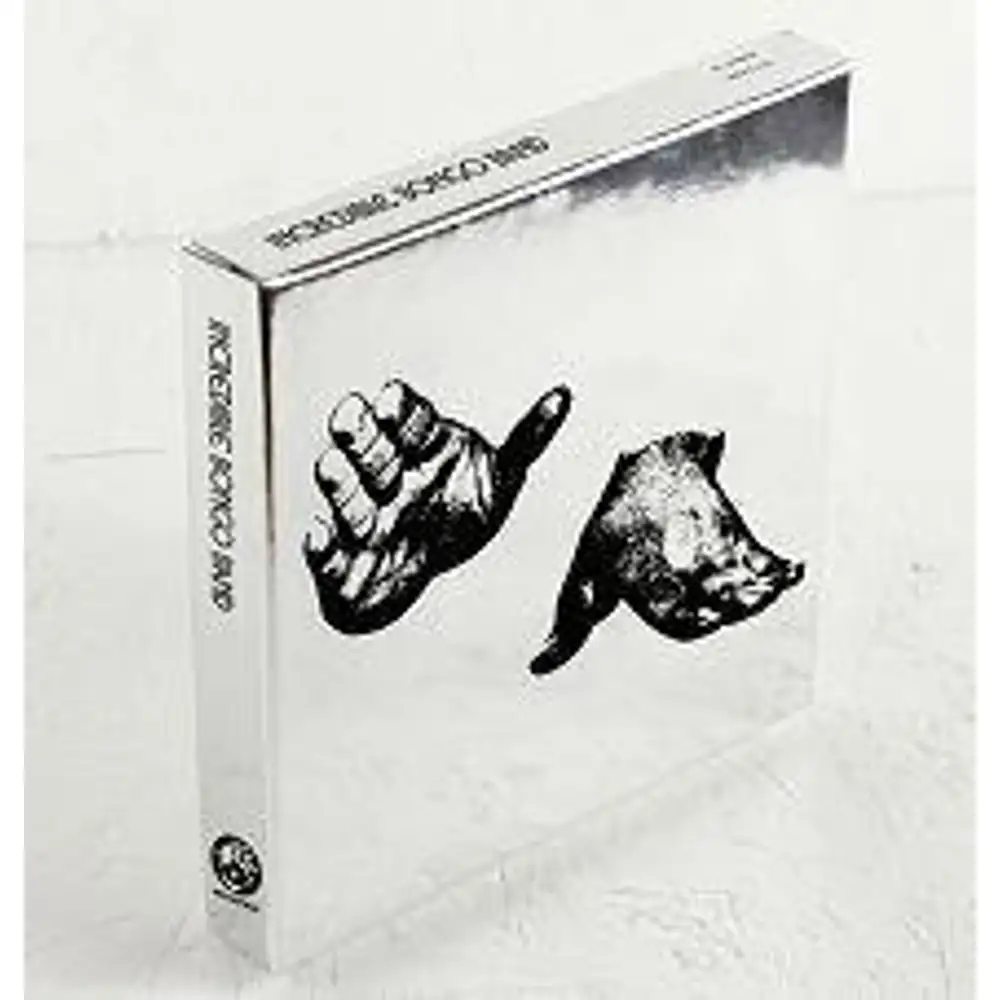
That year they also opened for the B-52s at Central Park. It was followed by their first full-length album, Gyrate, in 1980.

Pylon's debut single, "Cool", backed by "Dub", was released on DB Records in 1979, and received many positive critical reviews. Their performance was well received by the audience and was the subject of a positive review by Glenn O'Brien in Interview magazine. After Schneider passed Hurrah's manager Jim Fouratt a Pylon demo tape, Fouratt called the band and offered them their choice of opening slots for a number of upcoming headlining bands: they chose to support the Gang of Four. Fred Schneider and Kate Pierson of the B-52's were particularly supportive and helped promote Pylon's music in New York City, getting them a gig at Hurrah. Despite receiving a relatively cool reception at their first two concerts, members of the B-52's attended Pylon's third show, where "they started dancing and running around like crazy and everybody else did too", according to Briscoe Hay. Pylon played their first live show at a party on March 9, 1979. Their musical influences included Cabaret Voltaire, Suicide, the No New York compilation and the soundtrack to Eraserhead. According to Lachowski, "we chose Pylon because it is severe, industrial, monolithic, functional". As Hay later explained to Nashville Scene writer Edd Hurt, the band was unaware of the Faulkner novel when they began playing, and instead were inspired by traffic cones. Ĭontrary to some accounts, Pylon did not name themselves after William Faulkner's 1935 novel of the same name. Bewley then approached Vanessa Briscoe (now Vanessa Briscoe Hay) about joining the band on vocals, on the basis that the band were fans of her art work: although she was initially reluctant as she also lacked musical experience, she auditioned for the band on Februand joined the lineup. He soon joined the band as a drummer, stating that he "had every song memorized" before he approached them to join. Crowe, who lived above the studio, recalled hearing Lachowski and Bewley's early rehearsals through the floor: "a never-ending series of hooks-no bridges or chorus, just hooks". The room was lit by a single 40-watt light bulb, so the band referred to it as the " 40 Watt Club". They practiced in a studio in downtown Athens that Lachowski rented from Curtis Crowe, upstairs from the later location of the Grill on College Avenue. They originally formed the band with the intention of securing live appearances in New York City, along with press attention, before splitting up.

You don’t need training, or authority or legitimacy. Neither had any musical experience: as Lachowski later recalled, "A lot of us in the art school were trying out different media with a punk rock message, which is just go in there and do it. Guitarist Randall Bewley and bass guitarist Michael Lachowski began playing music and attempting to form a band in 1978. The four members of Pylon were art students at the University of Georgia in Athens. History 1979–1983: Formation, early years and breakup 1.1 1979–1983: Formation, early years and breakup.


 0 kommentar(er)
0 kommentar(er)
